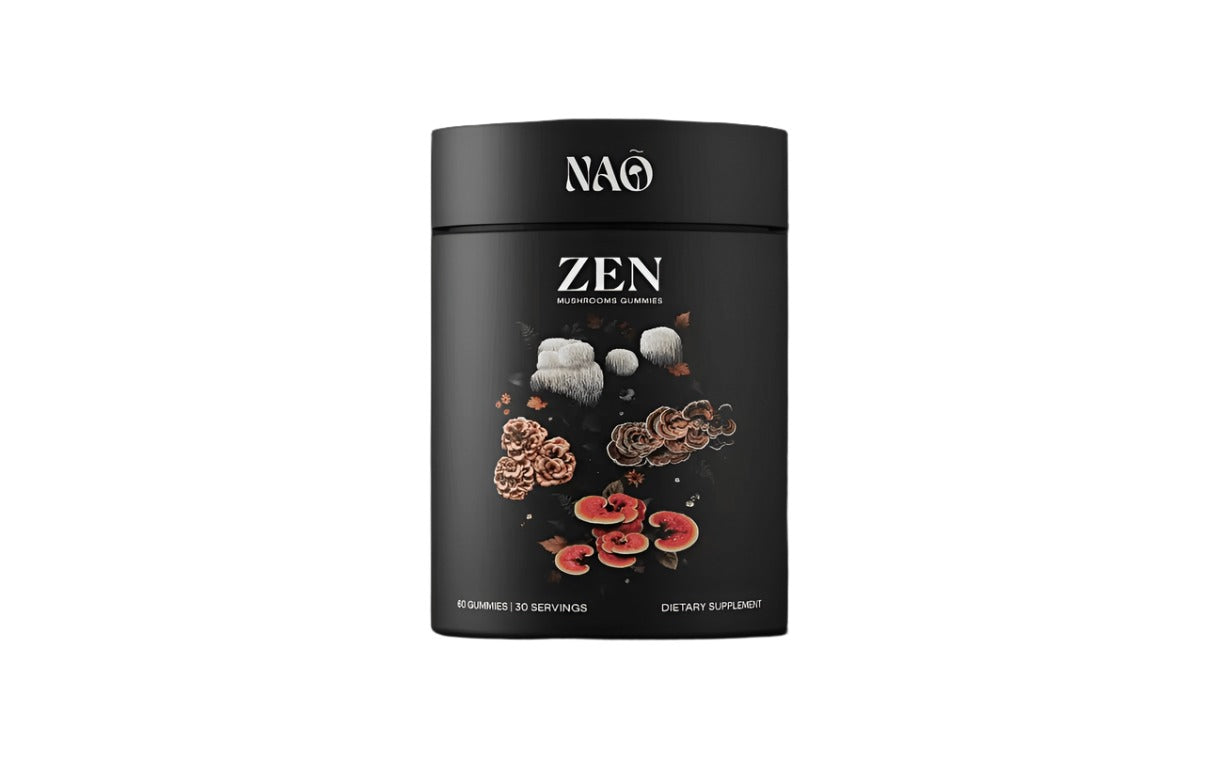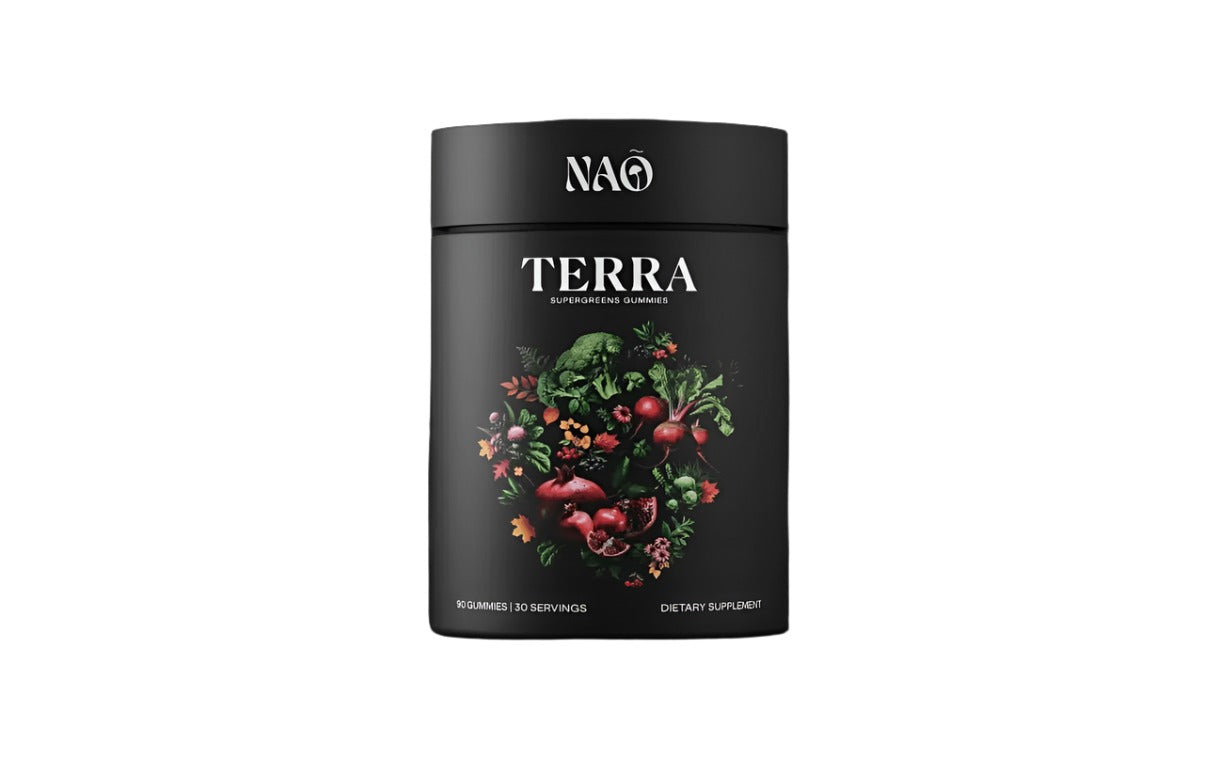Creatine is considered one of the more popular supplements and aids in athletic performance, as well as muscle building. The question many individuals ask is whether it keeps on working even when there is no workout one does along with taking it. Below, we take a closer look at what creatine does inside the body, whether it works if one doesn't work out, and get into the science of using it-be you active or not hitting the gym.
Whether adding creatine into one's regimen or simply being curious about the effects it has outside of working out, this guide will help further explain how this powerful supplement works and what to expect from it.
What Is Creatine and How Does It Work?
Creatine is an organic acid that is synthesized naturally by the human organism from simpler materials taken from food, mainly in the liver, kidneys, and pancreas, then transported into the muscles for storage. It participates in the manufacture of energy in muscle cells. When you are performing some incredibly energetic activity-like sprinting or weightlifting-your body needs to make a great deal of energy in a very short time. The regeneration of adenosine triphosphate, which is the main energy carrier within the cell, is aided by it. Therefore, it enables one to perform better in such exercises.

Creatine superfood supplements have become increasingly popular for athletes and individuals seeking to enhance their training. This supplement increases the creatine phosphate stores within the muscle cell, which allows the rapid replenishment of ATP. With this, the individual often experiences increased strength and muscular mass because of better performance in high-intensity activities. The after-effects of creatine involve faster recoveries and more intense workouts, adding to the building up of muscles.
But one question does linger: can you take creatine without working out? While most known for exercise and performance enhancement, scientific findings do indeed suggest that even taking creatine without exercise might have some benefits. For instance, it's used to keep the cells of muscles in good condition and contributes to cellular function in general. On the other hand, you can't really count on those extreme improvements in muscle growth and increasing one's muscular mass as a whole, like you would if you were active.
Why Would Someone Take Creatine Without Working Out?
There could be a number of reasons why one would want to take creatine, but not necessarily work out. While generally known for the benefit one will derive in performance from high-intensity activities, there could be many purposes when one takes creatine.
-
Muscle Cell Support: Creatine is significant in the health and functionality of the muscle cells. This compound can support cellular energy levels even in the absence of exercise and may be beneficial for overall muscle health. This becomes very important when recovering from injuries or surgeries where creatine is helpful in maintaining muscle mass during incapacitation periods.
-
Energy Production Benefits: Creatine enhances the amount of energy produced by replenishing adenosine triphosphate levels in the body. This can be beneficial for people who, because of a number of health-related issues and metabolic problems, face energy deficits. Thus, when such people take creatine without exercising, they actually aid themselves in terms of general energy production levels-even though they may not be under heavy physical exertion.
-
Putative Cognitive Benefits: Some evidence points to the fact that creatine might have a cognitive benefit by improving mental performance and lessening fatigue. Some use creatine out of exercise for the purpose of maintaining their brains, especially when one is undergoing mentally stressful work or when the brain is being used up in tough mental conditions.
-
Improved Recovery and Maintenance of Muscle Mass: Individuals who are in a recovery phase from high-intensity training or even seeking to maintain muscle mass during periods of low activity can benefit from creatine. Even if the person is not training, supplementation with creatine will minimize the breakdown of muscles and support recovery efforts to retain as much increased muscle mass as possible.
- General Health Support: Other than the growth and development of muscles and athletic performance, creatine has also been studied to show other beneficial effects, including metabolic health improvement and muscle regeneration. In this manner, individuals that are more concerned with general health will find an additional benefit in creatine supplementation without exercising.
Potential Benefits of Taking Creatine Without Exercise
Though in most circles it's related to athletic performance, there may be some benefits to supplementing with creatine even without a proper workout routine. Some of the key benefits are listed below.

Cognitive Benefits
Creatine may significantly support your brain for optimal performance and decrease fatigue thereafter. There is some evidence that creatine supplementation improves short-term memory and overall cognitive ability. Several studies have claimed that those taking the supplement have fared better with improved mental clarity and quicker decision-making under pressure.
This benefit may be helpful for students during heavy study sessions, professionals who need more concentration, and elderly patients for cognitive health. Therefore, many questions as to whether one can take creatine without working out. Yes, especially when the goal is to support cognitive function and mental clarity.
Muscle Preservation
One of the important effects of creatine is the fact that it can contribute to a greater extent to preserving muscle mass, especially in people who are inactive or going through muscle-wasting. In fact, studies indicate that supplementation with creatine assists to a certain extent in reducing muscle wasting to some extent, especially in elderly individuals and patients recuperating from injury or surgery.
Increased energy production in the muscle cells can help reduce muscle atrophy, thus keeping the muscle healthier. Scientific evidence has clearly presented that persons undergoing creatine supplementation have better muscle health and lesser loss of mass even in the absence of resistance exercises. This proves the efficacy of creatine out of workouts, particularly for those people who could not work out on a regular basis due to certain reasons.
Overall Health Improvements
Beyond cognitive and muscle health, creatine supplementation has several ancillary benefits to health. Among a number of notable advantages, improved hydration is one, as creatine helps the entry of water into muscle cells to support cellular functioning. The key benefits also include increased cellular energy production-the efficiency of creatine to assist in ATP regeneration, which is the main energy source for the cells, thus leading to heightened vitality throughout the body.
Moreover, creatine could exert its function on anti-inflammation and glucose metabolism improvement, further helping with recovery and overall health. These effects make creatine versatile in the support of overall health, be one a sedentary or active person. One of the most common questions is what happens if you take creatine without working out. The answer is that even without working out, creatine can offer a plethora of health benefits and is well worth incorporating into a wellness routine.
Potential Downsides of Taking Creatine Without Physical Activity
While there could be some potential benefits from supplementing with creatine in a non-exercising state, these need to be weighed against the potential downsides. Some of the key issues include:

-
Water Retention/Bloating: The most common effects associated with creatine are water retention within the muscles. While this might be one of the reasons it gives an increase in muscle mass and appearance in most people using it for high-intensity activities, for those who do not work out, it might cause bloating and discomfort. If you are not working out, this excess water might not result in the type of benefit you wished for, thus leaving you with a feeling of heaviness or swelling.
-
Gastrointestinal Problems: With the administration of creatine, more so in higher dosages, there is digestive unease. This may consist of stomach cramps, diarrhea, or nausea. This may be more serious for the non-exercising individuals who may consider taking creatine supplements; it may lead to gastrointestinal problems, which outweighs their desired benefits from supplementing themselves with creatine. Those asking can you take creatine without working out, its key to monitor how your body will react with the supplement.
-
Smaller Gains of the Muscle Build-Up: While creatine helps in energy production inside the muscle cell and promotes cellular health, much of its muscle-building activity emanates out of resistance training; in other words, muscular growth often requires the impetus provided by exercise, especially such exercises that are of a high-intensity nature and challenge the muscles. Without regular workouts, one may miss out on the full benefits of building more muscle mass-a benefit which creatine can offer. Thus, you can take creatine without exercise, but the best results come with combining it with an effective exercise routine.
-
Health Considerations: People who have chronic states, especially kidney-related conditions, should avoid this. Creatinine is filtered in the kidneys, which may lead to further complications in your body when on creatine but not exercising. If you have any concerns or conditions that might be influenced by adding creatine into your supplement routine, you need to consult a healthcare professional in advance.
Recommended Dosages for Taking Creatine Without Exercise
If you are considering creatine supplements and have not taken up regular exercises, then it is important to be very considerate of your dosage. Many people ask can you take creatine without working out, and if yes, then how much? Here's a clear guideline for daily creatine intake for non-athletes:
-
Starting Dosage: In general, one could consider 3-5 grams of creatine per day to be a good and efficient starting dosage for individuals who do not engage much in high-intensity activities. These dosages should typically be adequate to help maintain healthy muscular cells and contribute to general energy levels without overloading your system.
-
Consistency is Key: The effect of creatine is garnered through consistent intake. This consistency in consumption allows for saturation of your muscle cells with creatine over time, enhancing energy production, improving cellular function even at rest, and while not exercising.
-
Timing matters: Timing is one of the most important aspects of creatine consumption. Taking your creatine with meals can enhance its absorption, especially taken with a meal containing carbohydrates and proteins, as these help spike insulin to shuttle it more effectively into the muscle cells.
- Listen to Your Body: Pay close attention to your body when you begin to supplement with creatine. If you experience bloating or discomfort from the creatine, you'll likely want to cut back. Many of those who use creatine can easily avoid a lot of those side effects by lowering the dose to around 2-3 grams per day and still see results from taking the creatine.
Who Should Avoid Taking Creatine Without Exercising?
While creatine supplementation does boast of its benefits, especially to people who undergo high-intensity activities, there are a number of people who should show caution or for whom it is considered unwise to take creatine without exercising. Here are specific groups that may need to show a little more care:

Individuals with Kidney Conditions
Individuals with any kind of kidney-related problems should be most careful with creatine supplementations. Since kidneys are employed in the processing of creatine, supplementing it may further deteriorate a pre-existing condition or put additional stress on the kidneys. Any person with a problem in the kidneys should seek medical advice before supplementation.
Individuals Prone to Bloating
Those of you who bloat easily or have problems with stomach discomfort, it would be best to avoid creatine altogether. The water retention effect from creatine can irritate a bloated or swelling sensation that may get extremely annoying during periods of not working out. In such cases, people with these issues should avoid creatine altogether if they don't work out regularly.
People on Certain Medications
There's a possibility that some medications could interact with creatine or, for that matter, affect the metabolism of creatine. Those on medications for affecting kidney functions, levels of blood sugar, and fluid balance within the body should consult with their health provider on possible interactions prior to adding creatine in their regimen.
Those with Underlying Health Concerns
Anyone who has suffered from long-term health conditions or has developed one or two fears about the supplement without exercise should be very careful when taking creatine. While creatine may work for many people, this does not mean that it may have the appropriate effect on your system in case you are suffering health conditions that may affect your metabolic rate or your health in general.
Tips for Maximizing the Benefits of Creatine Without Gym Workouts
If you want to take a creatine supplement but do not lift heavy weights, there are other more efficient ways to maximize its full benefits. Here are some actionable ways you can make the most of creatine supplements without heading to the gym:
-
Include Light Physical Activities: While these do not require weight training or high-level activities, the introduction of light physical activities such as yoga, brisk walking, or cycling can also be beneficial in enhancing the effectiveness of creatine. These help to facilitate blood flow and activate muscle cells, hence enabling an optimization of energy production and overall function of muscles. Even gentle movement can help keep muscles healthy and supported.
-
Balanced Diet: A balanced diet containing whole foods should be taken when on creatine supplementation without working out. Pay more attention to the consumption of enough protein, healthy fats, and a variety of fruits and vegetables. This balanced diet will support your body in making efficient utilization of creatine and further lead to increased muscle mass and better health. Increasingly, foods rich in antioxidants can be incorporated to help reduce inflammation and further increase the positive effects of creatine.
-
Hydrate: When supplementing creatine, hydration becomes quite important. As creatine pulls water inside the muscle cell, it is vital to have plenty of fluids to not create a dehydrated environment in your body. You should drink at least 8-10 glasses of water a day, and you can increase that if you feel your body bloating or uncomfortable. This will also help regenerate adenosine triphosphate properly and keep your energy levels up.
- Pair Creatine with a Healthy Lifestyle: Beyond supplementation, adopting an integrative approach in regard to your health can amplify the benefits of creatine. Be sure to get quality sleep, manage your stress with meditation or other relaxation techniques, and find things that work for your mental health. Creating a healthy lifestyle will support your body's natural processes and optimize the benefits of creatine without extreme workouts.
Putting it all in a nutshell, most of the people's question being, can you take creatine without working out- it is quite plausible to reap its benefits all right with little physical activity, good nutrition, water intake, and healthy lifestyle. If you want to enhance general health and make sure you get as much out of creatine supplementation as possible without heavy exercise, follow the tips above.













